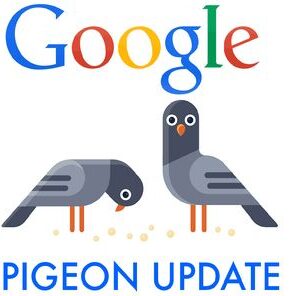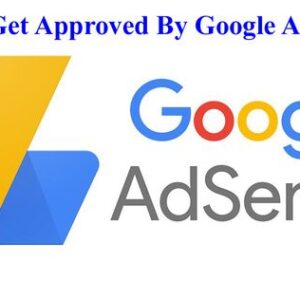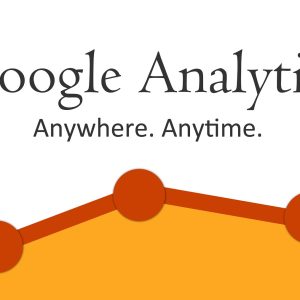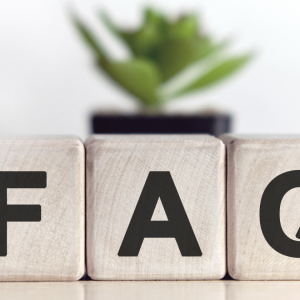Once you have your keywords, you’ll want to use them in the right places. The goal is to help search engines find your site for those phrases, so you will want to place them in spots the engines look closely at. These include the page Title, inside the meta tags, the heading tag, the domain name (more about this in a later lesson), and the keyword tags.
You will also want to sprinkle them liberally throughout the content (text) of your site, with special consideration for the top of your page and its first paragraphs. This is especially important on your home (index page), which is the one that most search engines will cache when spidering through. And please, have some real content on your page, and not just a list of keywords, or your site could go down in its rankings. Search engines do rank according to content relevancy, and the site that says “Our dealership provides quality used Chevrolet cars, reconditioned to meet our customer’s needs,” (with at least 100 words of good, relevant content) will always rank higher than the site that says, “cars, cars, cars, buy a quality used Chevrolet cars, quality used cars are here”. In addition, you won’t drive away customers offended by poor-quality writing and obvious over-usage of marketing phrases.
But you do want to maintain a certain ratio of keyword density in your text; a keyword density of 5 to 7% is usually recommended. If you don’t feel comfortable writing copy using keywords, a professional copywriter who specializes in online writing can help you.
Three Common Mistakes to Avoid
Mistake #1: One common error that many people make is forgetting to place ALT tags for their graphics. You may have a beautiful logo or graphic on your website, but if you don’t have an alt tag, the search engines can’t “read it”. Be sure to place keywords there, and label graphics with names that reflect keywords.
Mistake #2: Always have text on your site. When creating your site, search engines depend upon text to decide what your site is about. The more relevant the text, the better. The spiders and bots can’t “read” graphics as mentioned above. Don’t just make the text for the site one big graphic, as some firms do. The search engines will skip over the graphic, and assume you have no content at all.
Mistake #3: Finally, please don’t spam (by trying to ‘hide’ your keywords by using a font the same color as the background, or repeating keyword phrases over and over in the title and meta tags). Search engines are now excellent at finding those who try to break the rules (and their technology for doing so is getting more sophisticated all the time), and will drop spammers from their indexes like a hot potato. So play by the rules, and when in doubt, ask an ethical SEO firm for advice, or visit one of the many excellent forums online (such as Jill Whalen’s High Rankings Search Engine Forums).
Your site will rise more quickly, and enjoy higher rankings if you follow these tips and their advice. And your traffic will increase, at no cost to you! Philip Lim is the editor of www.Catasult.com which provides valuable tips and advice on web promotion and internet marketing from linking strategies to search engine industry news, internet marketing articles, and more.






